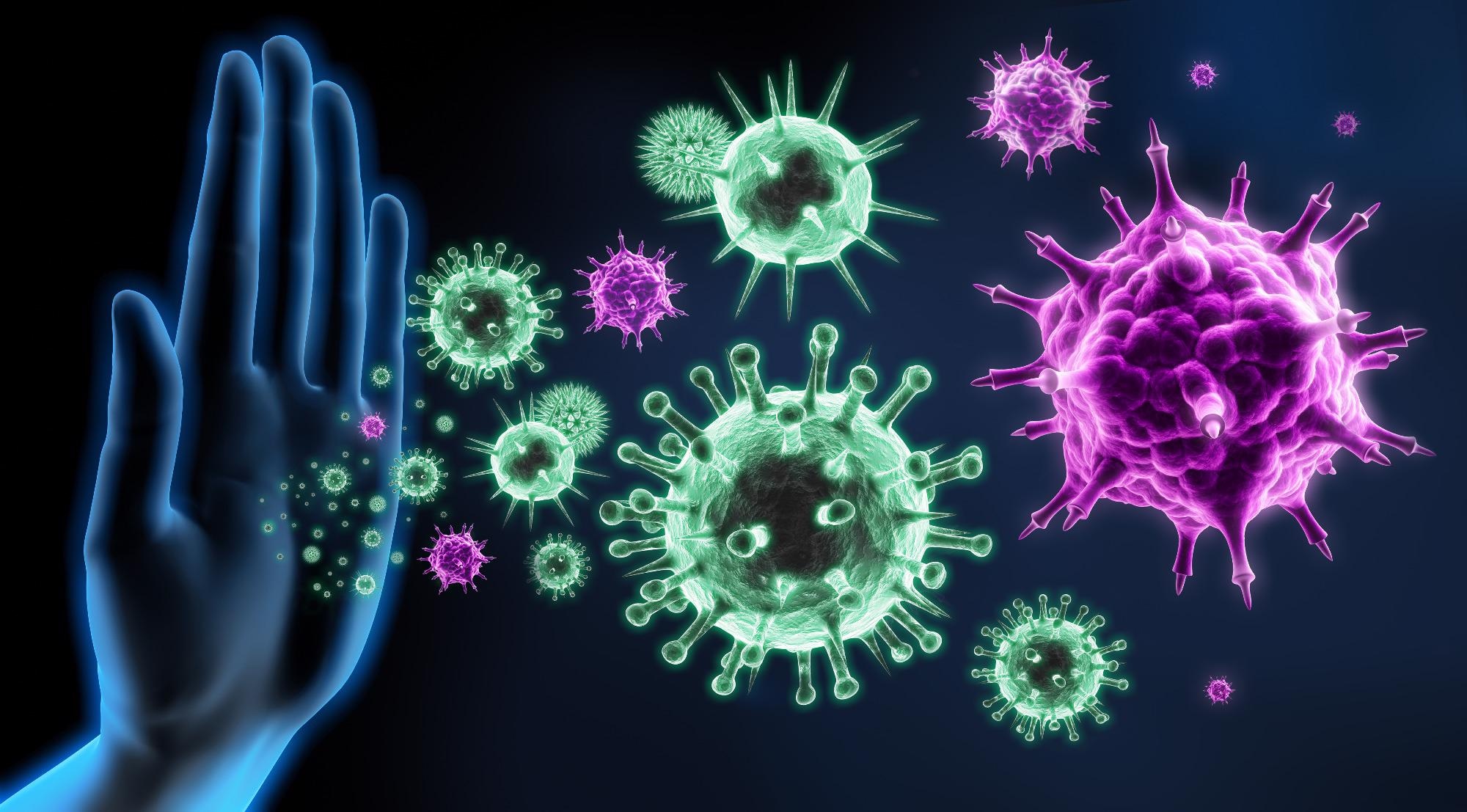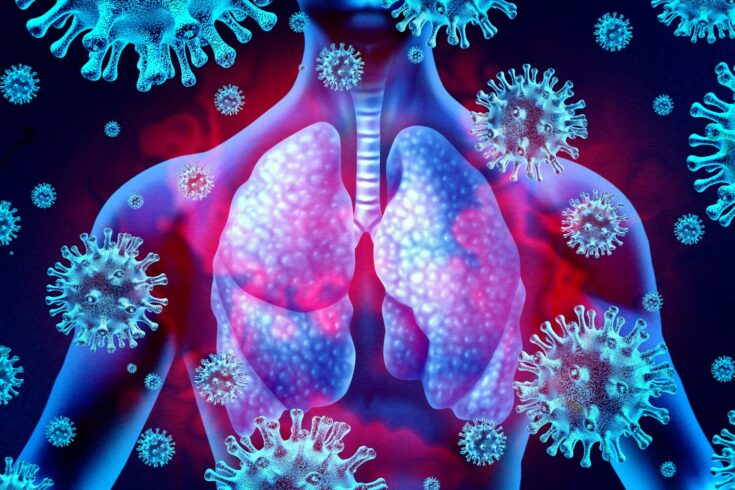HEALTH AND ITS SIGNIFICANCE
“Health is a state of physical, mental and social well-being of an individual and not merely absence of a disease or infirmity”. When a person is in good health, the different organ systems, not only function well in discharging their duties, but the body as a whole is also able to adjust itself and strike a balance with the physical, mental and social environments.
The varying environmental factors such as temperature, humidity, pollution caused by man, radiation, malnutrition, the millions of microbes in the environment and stress affect our lives and pose challenges to our health.

Dimensions of Health
1. Physical dimension
2. Mental dimension
3. Social dimension
1. Physical dimension :
A person who is free from disease looks bright with his skin shining; enjoys normal metabolism; has lustrous hair and has no dark circles around his eyes.
2. Mental dimension :
Mentally healthy people know their capacities and do not overestimate or underestimate themselves. They can easily judge their shortcomings and weaknesses.
3. Social dimension :
An individual who is able to adjust to society does not find fault with others. Such a person maintains good interpersonal relationships with family members and colleagues at work spot. He is free from interpersonal conflicts and will never quarrel with others.
DISEASES AND CAUSES

The word ‘disease’ means “without ease or not at ease” and is the opposite of health. The condition of malfunctioning of the organ system or systems is called disease. There are numerous diseases that affect our health.
Causes of the diseases
Diseases are caused due to various factors such as pathogens, environmental factors, nutritional factors, genetic factors, metabolic factors, etc. Based on the causative agent, these diseases are classified into two categories:
1. Diseases that are not caused by organisms.
2. Diseases that are caused by organisms.
Diseases not caused by organisms – Non-communicable diseases

1. Organic diseases or Metabolic disorders:
A healthy body maintains a constant blood sugar level, which is normally 80-120 mg/dl of blood under fasting conditions. When large quantities of glucose enter the bloodstream, as happens after a meal, the excess glucose is converted into insoluble glycogen and is stored in the liver and muscles for future use. Later, when required, glycogen is reconverted into glucose and reintroduced into the bloodstream.
All these processes are controlled by the hormones, insulin, and glucagon secreted by beta cells and alpha cells of Islets of Langerhans in the Pancreas. If insulin is not produced in sufficient quantity, excess of sugar cannot be stored in the liver and cannot be utilized. As a result, sugar gets accumulated in the blood and is subsequently expelled through the urine.
2. Hereditary diseases or Genetic disorders:
Genetic disorders are caused due to defective or mutated genes. Albinism is an inherited disorder of melanin metabolism, characterized by the absence of melanin in the skin, hair, and eyes. The recessive mutant genes cause this disorder. The clinical symptoms of Albinism are milky white-colored skin and marked photophobia (high sensitivity to light). Haemophilia, Sickle cell anemia, Thalassemia, Down’s syndrome, Color blindness, Bubble boy syndrome, etc. are a few other genetic disorders.
3. Nutritional Deficiency Diseases:
A diet that contains all essential nutrients in correct proportion, is indispensable for maintaining good health. Deficiency in certain food constituents causes various kinds of diseases. Protein deficiency causes Marasmus and Kwashiorkor. In Marasmus, the child loses weight and suffers severe diarrhea and it will appear as though bones are covered by skin. In Kwashiorkor, the child develops an enlarged belly with face and feet swelling.
SOME DISEASES CAUSED BY VITAMIN DEFICIENCY ARE TABULATED BELOW:
Vitamin |
Deficiency disease |
Symptoms |
| Vitamin A | Nyctalopia | Night blindness |
| Vitamin D | Rickets | Defective calcification of bones |
| Vitamin E | Sterility | Inability to reproduce |
| Vitamin K | Hemorrhage | Profuse loss of blood |
| Vitamin B1 | Beri-Beri | Nervous disorder |
| Vitamin B5 | Pellagra | Dementia, dermatitis, diarrhoea |
| Vitamin B12 | Pernicious anaemia | Destruction of RBC |
| Vitamin C | Scurvy | Bleeding gums and loosening of teeth |


You must be logged in to post a comment.